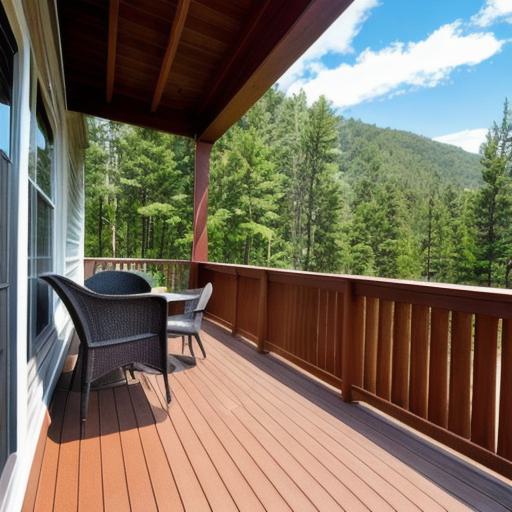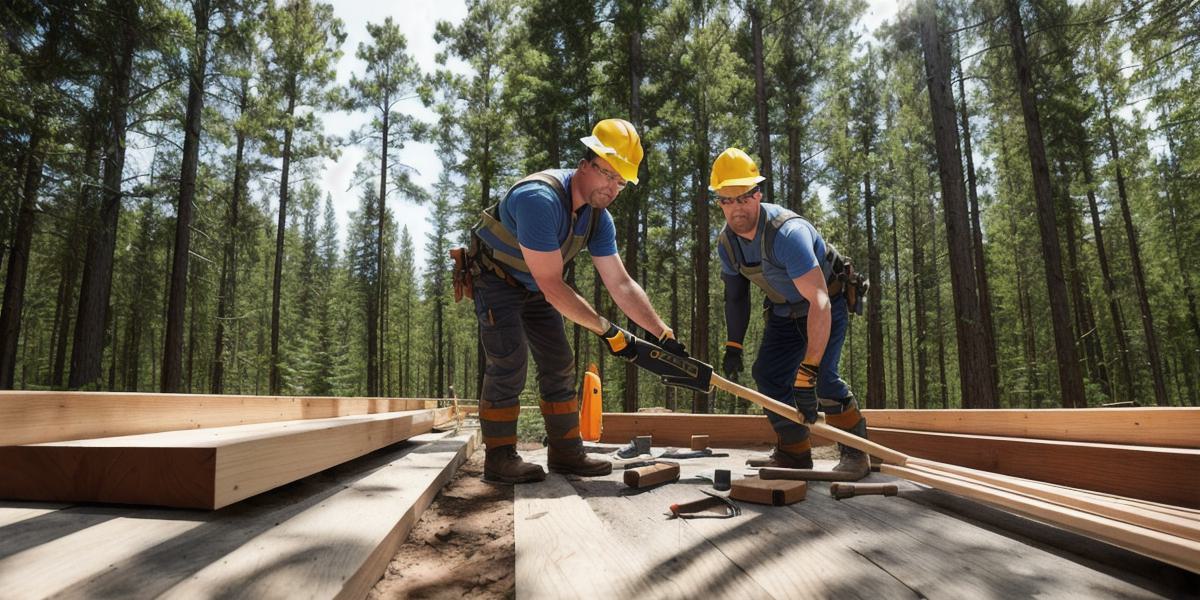Building a deck is an exciting and rewarding project for homeowners, DIY enthusiasts, and contractors alike. Whether you’re building a deck to add more space to your backyard or as a place to relax and enjoy the outdoors, it’s essential to understand the time and resources required to complete the project successfully. In this article, we will explore the factors that can affect the time it takes to build a deck, including size, design, materials, and labor.
Factors Affecting Deck Building Time
- Size of the Deck
The size of your deck is one of the most significant factors that can affect the construction time. Decks come in various sizes, from small, simple structures to large, complex designs. The larger the deck, the more time it will take to build it. For example, a 100-square-foot deck built by a professional contractor can be completed in a few days, while a 500-square-foot deck may take several weeks or even months to construct.
- Deck Design
The design of your deck is another critical factor that can impact the construction time. A simple, straight design with minimal features such as railings and balustrades will take less time to build than a more complex design with multiple levels, curved sections, and unique features like built-in seating or a fireplace. Additionally, decks with intricate designs may require additional materials and labor, which can increase the construction time.
- Materials
The type of materials used in deck construction can also affect the construction time. Decking materials come in various types, including wood, composite materials, and PVC. Wood is a popular choice for decks due to its affordability, durability, and natural beauty. However, wood decks can take longer to build than composite or PVC decks due to the need for cutting, sanding, staining, and painting. Composite and PVC materials are easier to work with and require less maintenance, which can reduce construction time.
- Labor

The availability and experience of the labor force used in deck construction can also impact the construction time. A professional contractor with extensive experience in deck building will be able to complete a project more efficiently than an inexperienced builder or DIY enthusiast. Additionally, the number of workers used in the construction process can affect the time required to complete the project. A larger team of workers will be able to complete the project faster than a smaller team.
Factors Affecting Deck Building Cost
- Materials
The cost of materials used in deck construction is one of the most significant factors that can affect the overall cost of the project. Wood decks are generally more affordable than composite or PVC decks, but they require more maintenance and may have a shorter lifespan. Composite and PVC decks are more expensive initially but can be more cost-effective in the long run due to their low maintenance requirements and longer lifespan.
- Design
The complexity of the deck design can also affect the overall cost of the project. A simple, straight design with minimal features will be less expensive than a more complex design with multiple levels, curved sections, and unique features like built-in seating or a fireplace. Additionally, decks with intricate designs may require additional materials and labor, which can increase the overall cost of the project.
- Labor
The experience and expertise of the labor force used in deck construction can also impact the overall cost of the project. A professional contractor with extensive experience in deck building will be able to complete a project more efficiently and at a lower cost than an inexperienced builder or DIY enthusiast. Additionally, the number of workers used in the construction process can affect the overall cost of the project. A larger team of workers may require additional labor costs.
Case Study: Building a Deck in New York City
A recent case study by HomeAdvisor found that the average cost to build a deck in New York City is around $10,500. However, this cost can vary depending on factors such as the size of the deck, the complexity of the design, and the type of materials used.



